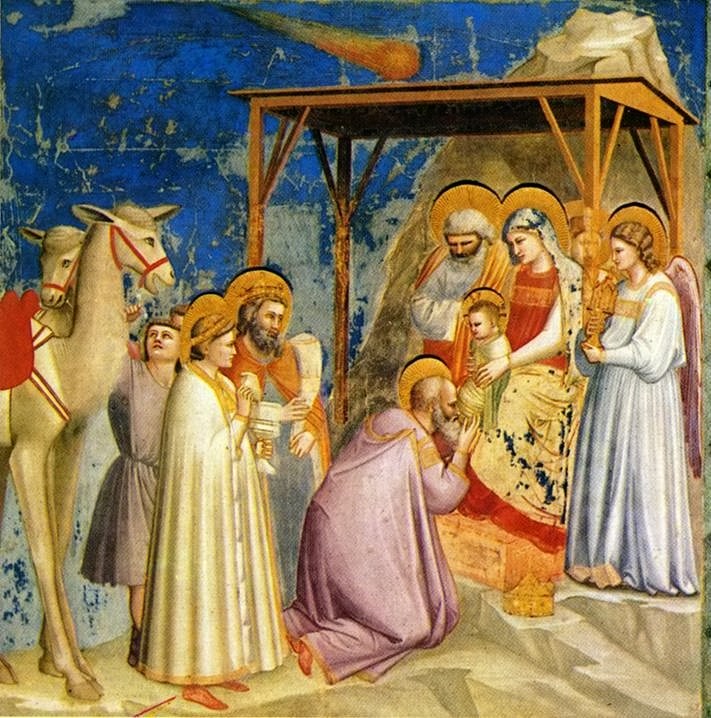Epiphany, celebrating the Three Kings in Poland Posted by Kasia on Jan 6, 2017 in Uncategorized
Today marks the Feast of the Epiphany, one of the most important celebrations in the Roman Catholic Church. January 6th, called Trzech Króli, has always been an important date in the Catholic calendar, yet it has only been a public holiday in modern Poland since 2011 having been ignored by the communist authorities previously and not reinstituted since the 1989 changeover.
The Feast of the Epiphany commemorates the arrival of the Three Wise Men in Bethlehem to pay tribute to Jesus, twelve days after his birth.
The term ‘epiphany’ means ‘to reveal’ and so in the Catholic tradition by bringing gifts to the Christ child, the Three Magi reveal Jesus to the world as Lord. In many countries, including Poland, the Feast of Epiphany is known as Three Kings’ Day.
Epiphany is celebrated with a wide array of customs in Poland. Poles take small boxes containing chalk, a gold ring, incense and a piece of amber, in memory of the gifts of the Magi, to church to be blessed. Once at home, they inscribe the date and “K+M+B+ 17” (17 stands for 2017 year) with the blessed chalk above every door in the house to provide protection against illness and misfortune for those within. Letters stand for the names of the Three Magi: Caspar, Melchior and Balthasar (Kacper, Melchior i Baltazar), and also abbreviate the Latin phrase ‘Christus mansionem benedicat’ – ‘May Christ bless the house’.
A King Cake ( Ciasto Trzech Króli) with a lucky coin or almond is baked on this day. The one to receive the piece with a coin or almond will be the king! I don’t remember ever trying this cake, I have to admit…I did hear that it’s delicious though! The Feast of the Three Kings ends the święte wieczory ( the twelve holy nights that began on Christmas Day) and signals the beginning of zapusty or karnawał (carnival season) that precedes Lent and then Easter.
In Poland, Epiphany is also a day of prayer for and assistance to Polish missionaries. Donations from the faithful in all churches today go for the support of over 2,000 Polish missionaries and nuns working in 98 countries around the world.

Build vocabulary, practice pronunciation, and more with Transparent Language Online. Available anytime, anywhere, on any device.





Comments:
Mary Etta Barbour:
Thank you for posting! Do you have recipe for cake?
Kasia:
@Mary Etta Barbour Hi Mary! There are different recipes, you can find Polish one here: http://easteuropeanfood.about.com/od/polishdesserts/r/kingcake.htm and another different one here: http://www.kingarthurflour.com/recipes/three-kings-cake-rosca-de-reyes-or-roscand242n-de-reyes-recipe. Let us know how it came out:)
cecelia vertucci:
hi kasia-
I also am of polish descent–on my Mother’s side. Her Mother came from poland -by herself at age 16 and settled in NJ. I belong to a catholic community in Montgomery,NJ, and we want to start celebrating this Feast day. Any info? or direct me to sites to check.Thanks